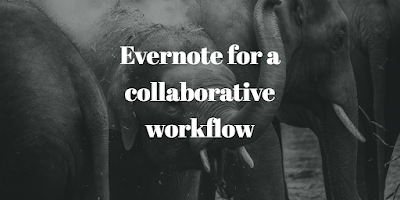Book review: Juggling Elephants

Finally back with a new entry and I am continuing my book reviews from the 2017 reading list I put together. This post is all about Juggling Elephants: An Easier Way to Get Your Most Important Things Done--Now! by Jones Loflin and Todd Musig, which is on the topic of helping you get the important things done now. I actually finished it a while back and am well into the next title on the list, although some personal issues kind of slowed down everything going on in my life. Juggling Elephants is a "fable" type improvement book. Actually, it is almost a fable within a fable. At the top level and used only superficially at the beginning and the end it tells the story of a father relaying advice to his grown daughter who shows up to meet him for lunch one day. The advice he gives is then the fable he tells her about how he learned to get so much done and to always be on top of the important things in life.













